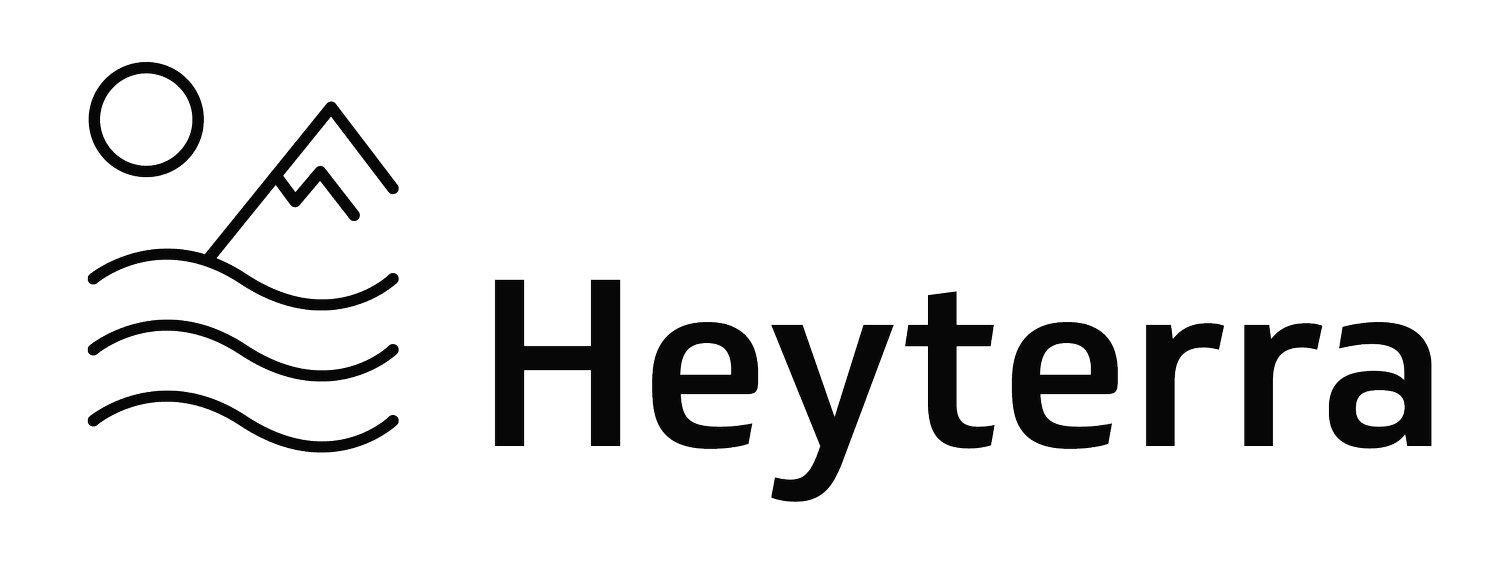How to Support Women’s Reproductive Rights at Home and Abroad
The reversal of Roe v. Wade in the United States has left us all— and countless women around the world— in shock and fear. Here are some ways we can immediately help women, both in the States and worldwide.
Photo by Gayatri Malhotra.
As travelers, we’re conditioned to viewing life through a global lens.
What does reproductive care look like in Europe, or Egypt, or Nicaragua? Physically experiencing the realities of social and health issues abroad when we travel allows us inherently to compare and contrast our own rights and freedoms back home. It has the potential to bridge understanding and support between human beings, and is the kernel to driving positive change and deconstructing systems of oppression.
But when it happens to your own country? Last week women in the United States were delivered a devastating blow with the U.S. Supreme Court’s decision to overturn Roe v. Wade. With one stroke of a pen, the U.S. eviscerated a women’s bodily autonomy and joining only Poland, El Salvador and Nicaragua to remove protections for legal abortion in more than 25 years. This will not only worsen maternal health outcomes and increase maternal deaths in the United States, it will effect women worldwide.
It’s horrifying, and it's expected that women in around half of the United States will no longer have fundamental local access to what have been constitutionally protected services for half of a century.
As mothers, women, sisters, aunts, travelers, friends and human beings, we dissent.
This will not stop at the States, though. It is also projected that a ripple effect will pulse through many of the world’s developing countries. The UN Population Fund said in a statement, “Almost all unsafe abortions currently occur in developing countries, and UNFPA fears that more unsafe abortions will occur around the world if access to abortion becomes more restricted. Decisions reversing progress gained have a wider impact on the rights and choices of women and adolescents everywhere.”
Yet all hope is not lost. Think of the tremendous progress so many countries around the world have made towards reproductive care in the past few decades. Access to abortion care is central to the health and human rights of women and pregnant people, as recognized by the World Health Organization, American Medical Association and American Public Health Association. We will continue to do everything we can to support women in the United States and around the world.
Here is a list of resources below—
Photo by Gayatri Malhotra.
Get Involved in the United States:
Planned Parenthood Planned Parenthood created an action fund specifically for donations to help support the nonprofit organization’s mission: to provide reproductive health care in the United States and globally.
National Network of Abortion Funds - The National Network of Abortion Funds makes it easy to donate to an array of organizations all over the country, taking your payment and splitting it evenly among the states that need it most.
Indigenous Women Rising Indigenous Women Rising works toward honoring Native and Indigenous People’s right to equitable and culturally safe health options. By providing accessible health education and resources, the group advocates for not only safe and legal abortions, but other health issues that directly impact Indigenous people: culturally sensitive health care, clean water and air, and safety while incarcerated.
Sister Song’s mission is to strengthen and amplify the collective voices of indigenous women and women of color to achieve reproductive justice by eradicating reproductive oppression and securing human rights.
New Mexico Mariposa Fund aims to raise money for patients who require procedures, but may not have health care or a community upon which to rely.
Holler Health Justice gives people in Appalachian communities power, access, and resources to be healthy and have agency over their lives.
Support Reproductive Care Internationally:
Planned Parenthood International
IPAS is an interational group working to expand access to abortion worldwide
Global Fund for Women funds gender justice movements around the world.
PAI is an international sexual and reproductive health and rights advocacy organization.
Population Services International (PSI) is a global nonprofit group that works to provide sexual and reproductive health care in 50 countries.


